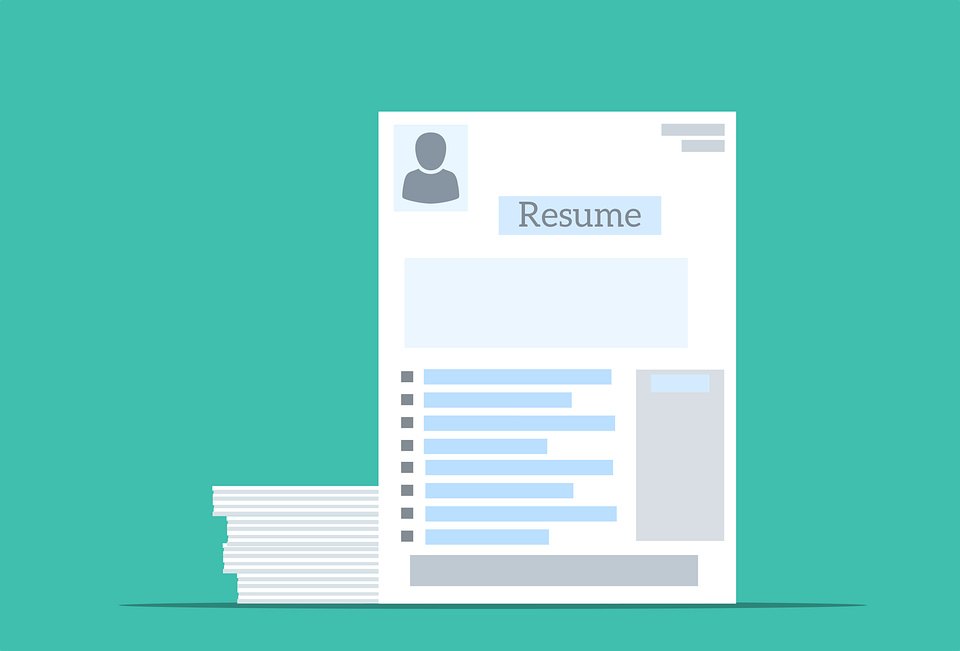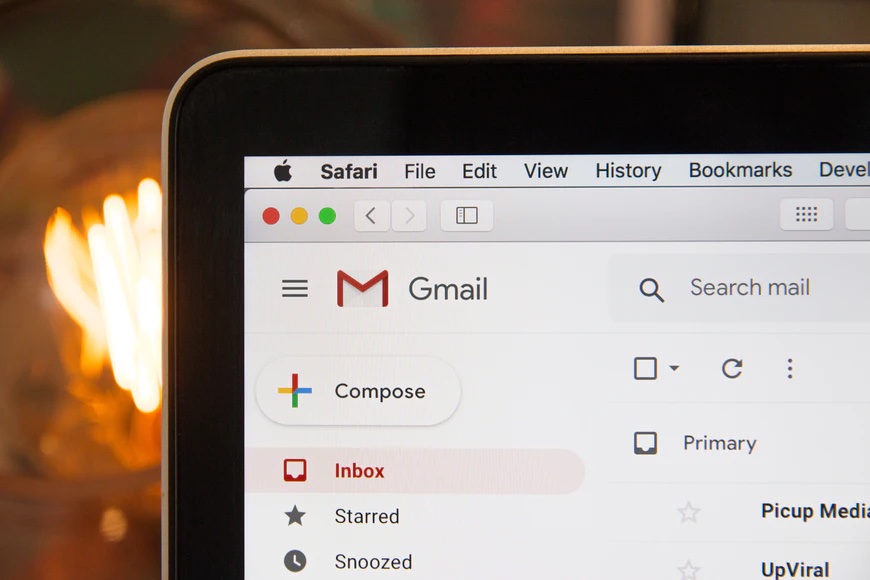There may come a time where you have a valid reason to miss work at short notice. In an ideal world, you’ll stick to work policies and give plenty of notice. But this isn’t always possible. Sometimes things crop up at the last minute. So, today we’re going through all the reasonable excuses to miss work.
Acceptable excuses to miss work at short notice
Sickness
Falling sick is a reasonable excuse not to go to work. Especially if that sickness is contagious. Where possible, you should try to work from home if you feel well enough. But if you just need to stay in bed, take the rest you need. Most managers will be understanding towards sickness. But in some cases, they may request a doctor’s note if you’re off for a ‘long’ time. Check your company’s sickness policy to see when a doctor’s note may be required.
If you’re on your probation period, try not to take a sick day unless absolutely necessary. If you call in sick too often during probation, your boss may extend your probation or dismiss you for poor attendance.
Childcare
Being a parent comes with its own responsibilities. If your child is sick or you can’t arrange childcare, you may need to take the day off work. Most employers will be understanding of this on the odd occasion. But if it happens very often, they may take disciplinary action.
Death of a loved one
Death is a valid reason to miss work. You may need time to grieve or attend a funeral. This is usually called compassionate leave. This is where the employer gives you a certain number of days to grieve the loss of your loved one. This will vary from company to company. So check your employee handbook for the details.
Emergency
Emergencies are always a valid reason to miss work. And there are many scenarios that could be classed as an emergency. This could be due to a gas leak, car accident or someone having a medical emergency. The point is, these are times where it’s more important for you to be elsewhere or your safety is at risk. Employers should be understanding of any emergencies and grant you the time you need.
Extreme weather
Extreme weather and road closures are an acceptable excuse to miss work. Snow and flooding can make it dangerous to travel. In these cases, your employer should encourage you to stay safe. Equally, sometimes road closures make it very difficult to get to work. You may have the option to work from home. But if this isn’t possible, you may need to take the day off.
How to tell your boss you’re not coming in to work
No matter what your reason for not attending work, there’s a right way to let your boss know.
Pick up the phone
Always pick up the phone to tell your boss you’re not going to make it in. This is the most courteous thing to do. Employers are sceptical of receiving texts or emails about absence. It creates more transparency and trust when you explain your absence over the phone.
Apologise
Always offer an apology for any inconvenience caused by the short-notice. Although your manager should be understanding, an apology goes a long way.
Be helpful
Don’t just leave your manager high and dry. Think about what your absence means to the rest of the team. Think of anything important that needs handing over to another team member. This will help the team to run smoothly even while you’re off.
Give a timeframe
Tell your boss when you expect to return to work. Avoid giving an exact date unless you’re 100% sure you’ll be back then.
Everything within reason
Taking time off work at short-notice is okay. But just remember to do it the right way. If your employer feels you’re abusing your leave, they can take disciplinary action. So keep your time off to a minimum and always be transparent about your reasons.
Ready to take the next step in your career? Use SonicJobs to find a job you love.
Related articles
What is sabbatical leave?









